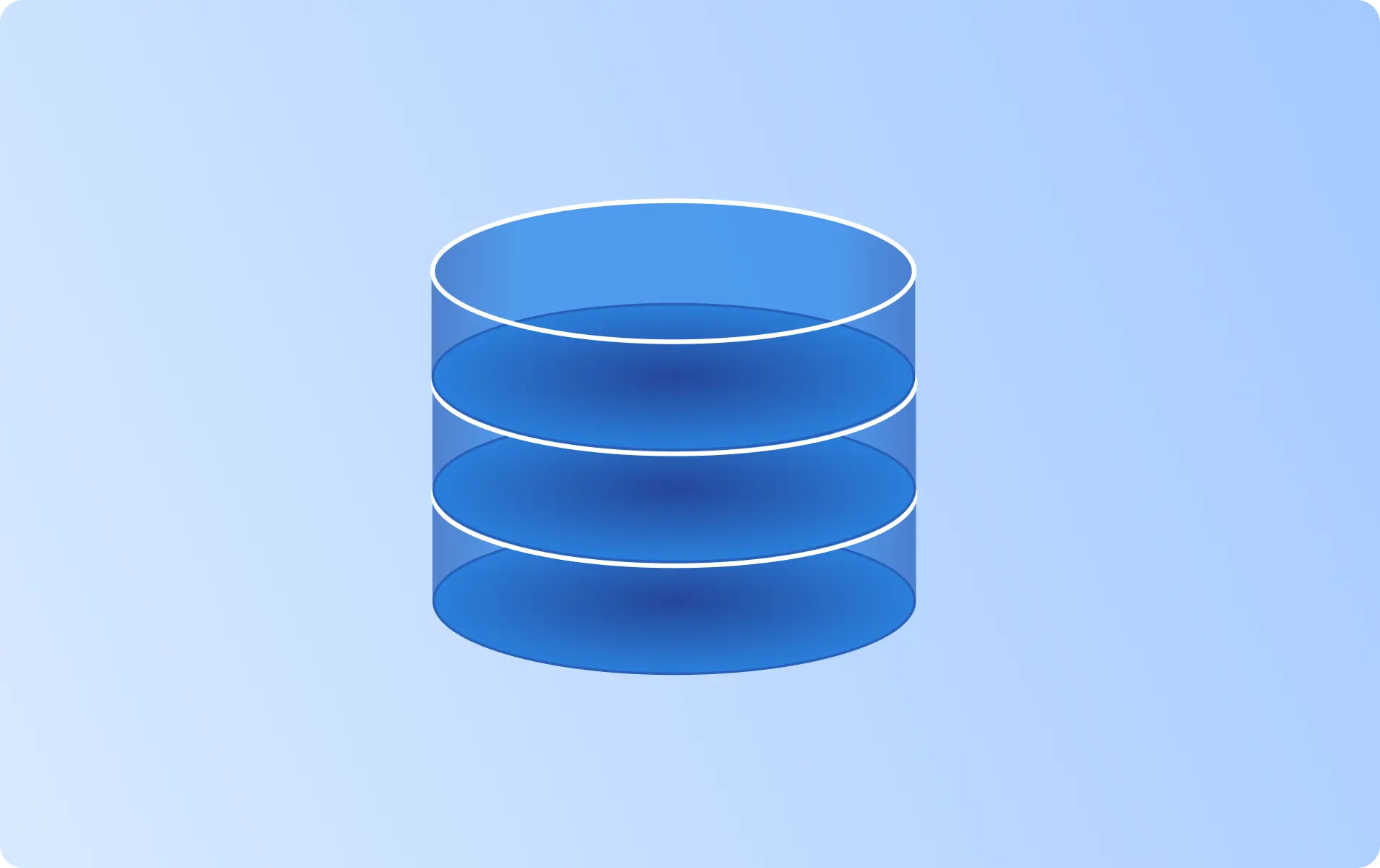What is Academic Data? Best Academic Databases to use in 2023

- Overview
- Datasets
- Attributes
- FAQ
- Overview
- Datasets
- Attributes
- FAQ
What is Academic Data?
Academic data refers to information collected and analyzed in an educational setting for research or evaluation purposes. It includes various types of data such as student performance, attendance, demographics, surveys, and assessments. Academic data helps educators and researchers gain insights into student learning, instructional effectiveness, and educational outcomes. It is used to inform decision-making, improve teaching strategies, and measure the impact of educational interventions.
Examples of academic data include student grades, test scores, attendance records, course enrollment data, and research findings. Academic data is used to analyze student performance, identify trends, evaluate teaching methods, and make informed decisions to improve educational outcomes. In this page, you’ll find the best data sources for academic data.
Best Academic Databases & Datasets
Here is our curated selection of top Academic Data sources. We focus on key factors such as data reliability, accuracy, and flexibility to meet diverse use-case requirements. These datasets are provided by trusted providers known for delivering high-quality, up-to-date information.

Education Marketing Data | Verified Contact Data for Educational Institutions | Best Price Guaranteed

Indian B2B Prospect Data | 72M Accurate & Fresh Leads, 7.2B Intent Signals, Key Decision-Maker Insights

News Events Data in Europe ( Techsalerator)

CompanyData.com (BoldData) - List of 4.8M Schools Worldwide

600K+ bridge Images | AI Training Data | Annotated imagery data for AI | Object & Scene Detection | Global Coverage

Audio ML/ DL Data | 10 M Hours of Urban Noise Level Measurement | CCPA, GDPR Compliant | 35 B + Data Points | 100% Traceable Consent

Import Export Data | 190+ Countries EU Transit Routes Trade Data | Cross Border Movements via Customs Territories through Local Transport

British English Language Datasets | 150+ Years of Research | Natural Language Processing (NLP) Data | LLMs | TTS | Dictionary Display | EU Coverage
EU Taxonomy Data | Turnover, OPEX & CAPEX Taxonomy-Alignment & Eligibility | NFRD & CSRD Companies | By Tracenable, the Open ESG Data Platform

LinkedIn Job Postings Data – U.S Skills & Employer Trends • Enriched LinkedIn Job Postings Data Matchable with LinkedIn Company Data & Google Maps
Can't find the data you're looking for?
Let data providers come to you by posting your request
/postings/new?utm_content=search_results_page&utm_medium=platform&utm_source=datarade
Main Attributes of Academic Data
Below, we outline the most popular attributes associated with this type of data—features that data buyers are actively seeking to meet their needs.
| Attribute | Type | Description | Action |
|---|---|---|---|
| String | The name of a country. | View 24 datasets | |
| String | Mobile Ad ID is a sequence of random symbols, given by the mobile device’s operating system. It’s shared with the servers of the apps that the user is using to track his customer journey and “remember” his or her choices. | View 17 datasets | |
| String | The industry classification of a company. | View 12 datasets | |
| String | The name of a company or business, might be the legal or brand name. | View 12 datasets | |
| String | The approx. number of employees working for a company. | View 11 datasets | |
| String | The official website of a company. | View 10 datasets |
Frequently Asked Questions
What types of data are considered academic data?
Academic data includes scholarly articles, research papers, conference proceedings, books, experimental data, survey results, thesis and dissertations, and other forms of research output generated within the academic community.
How can I access academic data?
Academic data is often accessible through academic journals, conference proceedings, institutional repositories, and academic databases. Many universities and research institutions provide access to their research output through online platforms or subscriptions.
How is academic data different from other types of data?
Academic data is specifically generated within the academic community for research and scholarly purposes. It undergoes rigorous quality checks, such as peer review, and is intended to contribute to the advancement of knowledge in a particular field. Other types of data may have different purposes, such as commercial data for business analysis or government data for policy-making.
Can I use academic data for my research?
Yes, academic data is widely used by researchers as a basis for their own investigations. Researchers often cite and reference existing academic data to support their findings, build upon previous research, or conduct further analysis.
How can academic data support evidence-based decision making?
Academic data provides a reliable and evidence-based foundation for decision making. Policymakers and organizations can refer to academic research and data to inform their decisions, develop evidence-based policies, and allocate resources effectively.
What are the ethical considerations related to academic data?
Ethical considerations in academic data include issues such as data privacy, informed consent, protection of human subjects, and responsible data management. Researchers and institutions are expected to adhere to ethical guidelines and regulations when collecting, analyzing, and sharing academic data.
Can I share my own academic data?
Sharing academic data is encouraged to foster collaboration and transparency. Researchers can share their data through institutional repositories, data archives, or supplementary materials accompanying their publications. Data sharing promotes reproducibility, enables further analysis by other researchers, and enhances the impact of research.
How is academic data preserved for the long term?
Academic data preservation involves storing and archiving data in secure and accessible repositories. Many institutions and organizations have dedicated data repositories and preservation strategies to ensure the long-term availability and usability of academic data.

